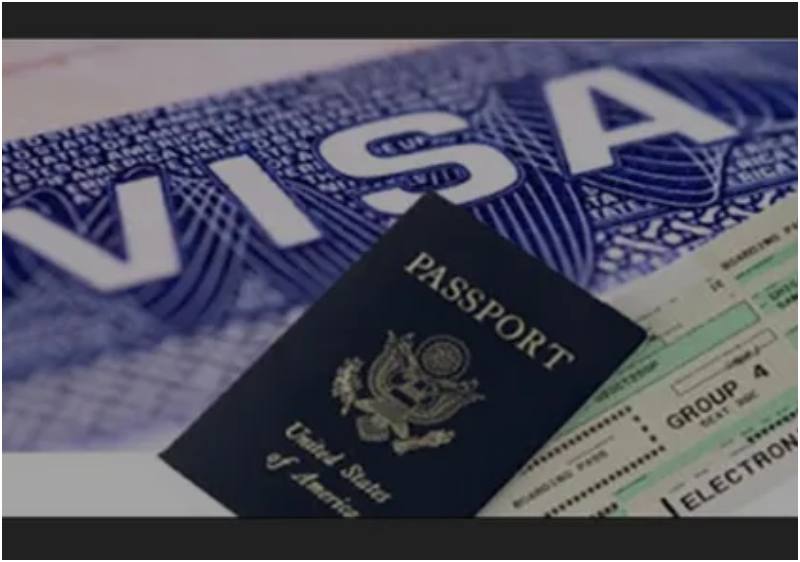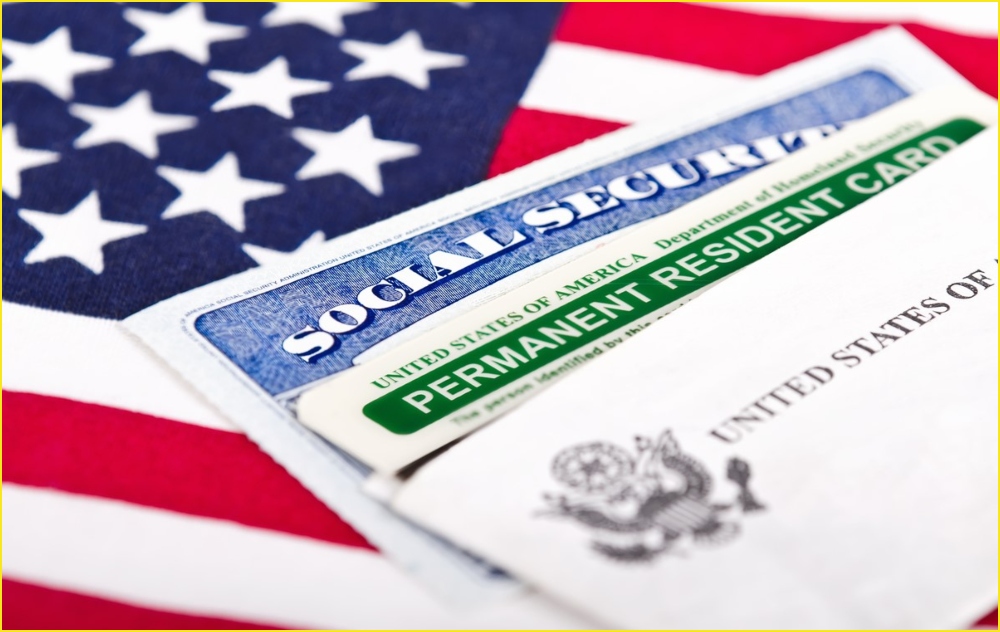Representative Chip Roy (R-TX) has introduced the PAUSE Act—short for Pausing All Admissions Until Security Ensured—a bill that would suspend nearly all immigration to the United States until Congress enacts stricter rules on citizenship, family sponsorship, and security eligibility.
The legislation, unveiled on November 20, 2025, has already drawn attention for its sweeping scope and potential implications.
According to a press release from Roy’s office, the bill would freeze legal immigration, while allowing only temporary tourist visas, until conditions are codified to ensure the system works “on behalf of the American people.”
“The problem isn’t just illegal immigration; it’s also legal immigration,” Roy said in the release. “American families are being gouged by insurance companies, while aliens are receiving taxpayer-funded healthcare. Everyday Americans are working to advance their careers through merit, while our immigration system uses a lottery that doesn’t bring the best, but the luckiest.”

Key Provisions
The PAUSE Act includes measures that would:
- End birthright citizenship unless one parent is a U.S. citizen or green card holder.
- Allow states to restrict access to public schools to U.S. citizens and lawful permanent residents.
- Eliminate chain migration and the Diversity Visa Program, limiting family-based entries to spouses and unmarried minor children.
- Bar individuals affiliated with Sharia Law, the Chinese Communist Party, terrorists, or foreign extremist organizations from entry.
- Restrict access for noncitizens to federal programs like SNAP, Medicaid, Medicare, and public housing.
- End adjustment of status for H-1B visa holders and the Optional Practical Training (OPT) program for foreign graduates.
Original co-sponsors include Reps. Keith Self, Brandon Gill, Andy Biggs, Lauren Boebert, Eli Crane, and Andy Ogles, and the bill is backed by groups such as the Immigration Accountability Project, Citizens for Renewing America, and the National Immigration Center for Enforcement.
Supporters’ Perspective
Supporters argue that the legislation is necessary to restore order to U.S. immigration policy. Rosemary Jenks, cofounder of the Immigration Accountability Project, said the bill “provides exactly the ‘PAUSE’ in immigration that is necessary for America to get our house in order.”
Wade Miller of Citizens for Renewing America added that the system has “largely benefitted foreign nationals instead of taking into account the interests of Americans first and foremost.”
RJ Hauman, president of the National Immigration Center for Enforcement, described the bill as a “practical enforcement measure” that ensures immigration resumes only when security and standards are codified.
Legal and Political Analysis
Attorney LaToya McBean Pompy (@mcbeanimmigrationlaw) commented on the bill via Instagram, stating that while the PAUSE Act could spark discussion, its chances of becoming law in the current Congress are extremely low.
“This bill was just introduced. It’s sitting in the House Judiciary Committee, and with the potential shift in the House majority, the likelihood of full adoption is zero,” McBean Pompy said.
Legal analysts note that the PAUSE Act raises constitutional questions regarding birthright citizenship and federal authority over immigration. If advanced, it would likely face extensive judicial scrutiny and significant opposition from Democrats and immigrant advocacy groups.
Broader Implications
While the legislation currently exists as a proposal, it has already reignited national debates about immigration policy, economic opportunity, and national security.
Critics warn that freezing all immigration could have economic consequences and strain relationships with international partners. Proponents argue it is necessary to prioritize Americans’ interests in employment, education, and public services.
As the bill moves through committee, policymakers and the public will continue to watch closely, with the potential for heated debate over the future of U.S. immigration policy.

